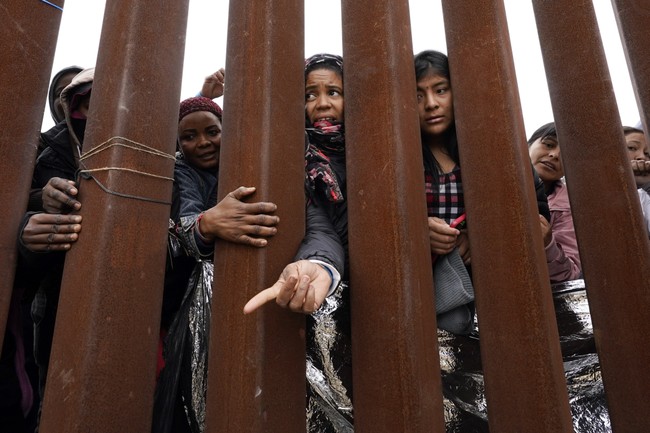
The Chancellor has pledged to invest in “Britain’s renewal” ahead of the spending review, which will be unveiled after Prime Minister’s Questions on Wednesday.
Ms Reeves is expected to announce significant increases in spending on the NHS, defence and schools, with £113 billion of investment expected thanks to looser borrowing rules.
That will mean more money for the Scottish Government, with the Barnett Formula designed to allocate funding to devolved administrations when spending declarations are made on issues like health, justice and education.
Ms Reeves already announced a significant U-turn on winter fuel payment cuts, leading to hopes the UK Government could abolish the two-child limit, at a cost of around £3 billion.
The policy restricts means-tested benefits, including Universal Credit, to the first two children in a household.
Experts have said scrapping it would be the most beneficial way to lift thousands of children immediately out of poverty across the UK.
Read more:
Scottish ministers have announced they will mitigate the policy from April 2026 – but scrapping it frees up millions of pounds.
Speaking to The Herald, Ms Kelly said: “While we remain hopeful of what might emerge from the spending review, social security and welfare alone won’t lift families out of poverty long term.
“We hope to see an end to the two-child limit but this must be combined with action on housing, employment, childcare, and addressing the public debt crisis.
“Immediate support is needed for those in greatest need, alongside long-term strategies to rebuild communities and create sustainable routes out of poverty.”
The charity boss added: “We have seen the same research as ministers and know it would be the most effective lever. It is beyond time to pull it.
“Taking this single measure has the potential to transform the lives of thousands of children in Scotland and hundreds of thousands across Britain.
“If it is not taken, however, the impact is equally huge but devastating for those children will remain in poverty, their lives constrained by poverty and their life chances sabotaged by poverty.”
The Chancellor’s review is not considered a ‘fiscal event’, meaning there will not be any detailed tax or spending decisions.
Read more:
But she will set out her spending plans until 2029, department by department.
Ms Reeves has already committed to reversing cuts to winter fuel payments, in a major U-turn from the UK Government.
It means that around nine million pensioners with an income of under £35,000 a year will now receive the payment automatically – but the Scottish Government has refused to say whether it will make equivalent changes to devolved legislation.
First Minister John Swinney has also urged the UK Government to take more action and spend more money to address the country’s housing crisis.
The Scottish Government declared a national housing emergency in May 2024, following the footsteps of 12 local authorities, including Glasgow and Edinburgh.
He said the Scottish Government is already investing £768m this year in affordable housing, but called on UK ministers to do more.
“We continue to call on the UK Government to provide multi-year funding for housing to give developers and third sector organisations long-term certainty,” Mr Swinney said.
The Chancellor said the investment was only possible because of the “stability” she has introduced after the October budget.
She is expected to say her spending review will “ensure that renewal is felt in people’s everyday lives, their jobs, their communities”.
The Chancellor will say: “The priorities in this spending review are the priorities of working people.
“To invest in our country’s security, health and economy so working people all over our country are better off.”
But the spending review is expected to set out tough spending limits for departments other than health, defence and education.
She will say on Wednesday: “I have made my choices. In place of chaos, I choose stability. In place of decline, I choose investment. In place of retreat, I choose national renewal.
“These are my choices. These are this Government’s choices. These are the British people’s choices.”




